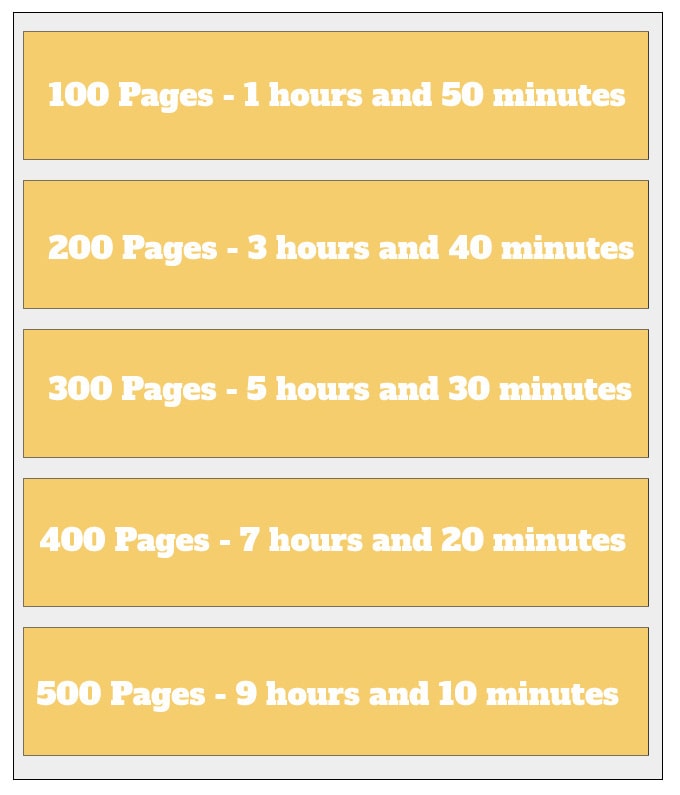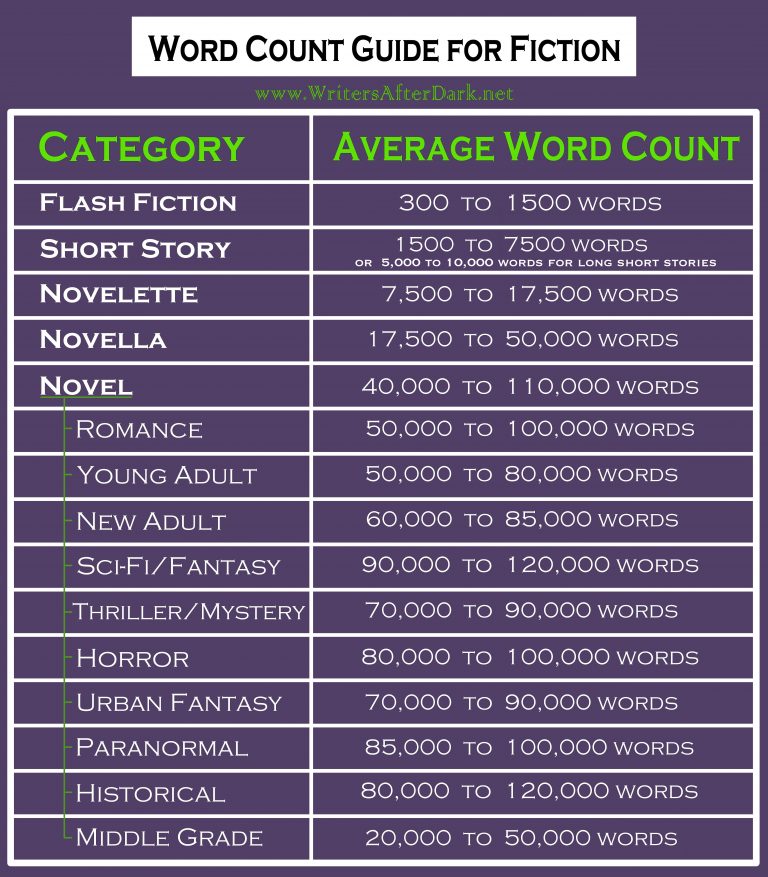Is Reading 100 Pages In 1 Hour Fast?
Have you ever wondered if it’s possible to read 100 pages in just one hour? Is reading at such a speed considered fast or is it simply a pipe dream? Well, buckle up and get ready for a wild ride because we’re about to dive into the world of speed reading and uncover the truth behind this intriguing question.
Now, let’s be honest here. When it comes to reading, we all have our own pace. Some people are slow and steady, savoring every word and immersing themselves in the story, while others are lightning-fast, devouring books like there’s no tomorrow. But is reading 100 pages in 1 hour fast? That’s the burning question on everyone’s minds. So, grab your reading glasses and let’s explore the fascinating world of speed reading to find out if this feat is achievable or if it’s just a myth.
Reading 100 pages in 1 hour can be considered fast, but it depends on the individual’s reading speed and the complexity of the content. The average adult reading speed is around 200 to 300 words per minute, which means it would take approximately 6 to 8 minutes to read a page with an average word count of 300 words. Based on this, reading 100 pages would take around 10 to 13 hours. Therefore, reading 100 pages in 1 hour would be considered exceptionally fast.

Is Reading 100 Pages in 1 Hour Fast?
Reading Efficiency and Speed
When it comes to reading, speed is often seen as a measure of efficiency. The ability to read quickly and comprehend the content is highly valued in today’s fast-paced world. Many people wonder if it is possible to read 100 pages in just one hour. While it may seem like a daunting task, there are strategies and techniques that can help you improve your reading speed and efficiency.
Reading speed can vary greatly among individuals and is influenced by factors such as reading experience, vocabulary, and concentration. Some people naturally read faster than others, but it is also a skill that can be developed and improved with practice. By implementing specific techniques and adopting a focused mindset, it is possible to increase your reading speed and complete a substantial amount of reading within a given time frame.
Strategies for Reading Faster
There are several strategies you can employ to read faster and potentially cover 100 pages within an hour. One effective technique is called “skimming,” which involves quickly glancing over the text to gain a general understanding of the content. Skimming allows you to identify key information, main ideas, and important details without reading every word.
Another technique is “scanning,” which involves moving your eyes rapidly across the page to locate specific words, phrases, or information. Scanning is useful when you are searching for particular details or trying to answer specific questions. By practicing these techniques, you can significantly increase your reading speed without sacrificing comprehension.
The Importance of Focus and Concentration
Reading efficiently requires focus and concentration. Distractions can significantly slow down your reading speed and hinder comprehension. To read 100 pages in one hour, it is crucial to create a conducive reading environment free from interruptions. Find a quiet space, turn off any distractions such as phones or televisions, and give your full attention to the material.
Additionally, improving your concentration skills through techniques like mindfulness and meditation can enhance your reading speed. By training your mind to stay focused on the text, you can minimize distractions and increase your reading efficiency.
The Role of Prioritization and Time Management
When attempting to read a large volume of material within a limited time, prioritization and time management are essential. Start by assessing the importance of the content and determine which sections need the most attention. Skim through the pages to get an overview and identify any chapters or sections that can be read more quickly or skipped altogether.
Divide your time into manageable segments and set goals for each session. By breaking the reading task into smaller chunks, you can maintain focus and motivation. Use a timer to track your progress and measure your reading speed. With practice, you can gradually increase your reading speed and accomplish your goal of reading 100 pages in one hour.
Improving Reading Speed and Comprehension
While reading quickly is important, it is equally essential to retain and comprehend the information. Speed reading courses and techniques often emphasize the importance of understanding the content in addition to reading at a fast pace. Take the time to digest the material and ensure that you grasp the main ideas and key concepts.
Practice active reading by highlighting important sentences or passages and making notes as you go along. This will help you engage with the material and improve your comprehension. Remember that reading speed and comprehension can go hand in hand, and by employing the right strategies, you can achieve both.
Benefits of Reading Efficiently
Reading efficiently and at a fast pace offers several benefits. Firstly, it allows you to cover a vast amount of material in a shorter period, making it particularly useful for students, researchers, or professionals who need to process large volumes of information regularly. Secondly, it enhances your overall reading skills, making future reading tasks more manageable and enjoyable.
Moreover, reading efficiently can boost your confidence and self-esteem. The ability to read quickly and comprehend complex texts can be a valuable asset in various academic and professional settings. It can also expand your knowledge and understanding of different subjects, enabling you to stay informed and up to date.
Tips for Improving Reading Speed
If you are looking to improve your reading speed, here are some additional tips to consider:
- Practice regularly: Like any skill, reading speed improves with practice. Set aside dedicated time each day to focus on improving your reading speed.
- Expand your vocabulary: A broader vocabulary allows for faster reading as you encounter familiar words and phrases more frequently.
- Eliminate subvocalization: Subvocalization is the habit of silently pronouncing each word as you read. Minimizing this habit can significantly increase your reading speed.
- Use a reading guide: A reading guide, such as your finger or a pen, can help you maintain focus and guide your eyes along the lines of text.
- Read diverse content: Exposing yourself to different types of reading material can help you become a more versatile and efficient reader.
Reading 100 Pages in 1 Hour: Is It Achievable?
Reading 100 pages in one hour is a challenging task, but it is possible with the right strategies and practice. By employing techniques such as skimming, scanning, and improving your focus and concentration, you can increase your reading speed without sacrificing comprehension.
Remember that reading efficiency is a skill that can be developed over time. It requires consistent practice and a commitment to improving your reading habits. Whether you are a student, professional, or simply an avid reader, the ability to read faster and comprehend complex texts can greatly benefit you in various aspects of life.
Key Takeaways: Is reading 100 pages in 1 hour fast?
- Reading 100 pages in 1 hour is incredibly fast, even for experienced readers.
- It requires a high level of concentration and reading speed.
- Most people read at an average speed of 200-300 words per minute, which is equivalent to about 1-2 pages per minute.
- To read 100 pages in 1 hour, you would need to read at a speed of 1.67 pages per minute.
- This level of speed and comprehension is rare and usually only achieved by speed reading experts.
Frequently Asked Questions
Question 1: How fast is reading 100 pages in 1 hour?
Reading 100 pages in 1 hour is considered quite fast. However, the actual speed of reading can vary depending on various factors such as the complexity of the text, the reader’s familiarity with the subject matter, and their reading speed.
To put it into perspective, the average adult reading speed is around 200 to 300 words per minute. Assuming an average of 300 words per page, reading 100 pages would mean reading approximately 30,000 words in 1 hour. This equates to reading at a speed of 500 words per minute, which is considered quite fast compared to the average reading speed.
Question 2: Can anyone read 100 pages in 1 hour?
While it is possible for some individuals to read 100 pages in 1 hour, it may not be achievable or comfortable for everyone. Reading speed can vary greatly from person to person, and factors such as reading comprehension, focus, and familiarity with the subject matter can also play a role.
It is important to remember that reading is not a race, and the goal should be to understand and absorb the content rather than rushing through it. It is better to read at a pace that allows for comprehension and enjoyment of the material, rather than solely focusing on speed.
Question 3: How can I improve my reading speed?
Improving reading speed is a skill that can be developed with practice and certain techniques. Here are a few tips to help improve your reading speed:
1. Eliminate distractions: Find a quiet and comfortable reading environment to minimize distractions and enhance focus.
2. Use a pointer: Use your finger or a pen to guide your eyes along the lines of text, which can help increase reading speed and reduce regression.
3. Expand your vocabulary: Building a strong vocabulary can improve reading speed as you won’t need to pause and look up unfamiliar words.
4. Practice speed reading exercises: There are various speed reading techniques and exercises available that can help train your eyes to move faster and improve overall reading speed.
Question 4: Is it better to read quickly or to read slowly and comprehend?
Both speed and comprehension are important aspects of reading. While it can be impressive to read quickly, if comprehension is sacrificed, the purpose of reading may be lost. It is crucial to strike a balance between speed and comprehension.
Reading quickly can be beneficial when dealing with large volumes of information or when time is limited. However, for complex or important texts, it is advisable to read at a slower pace to ensure better understanding and retention of the information.
Question 5: How can I read more efficiently?
Efficient reading involves maximizing comprehension while minimizing the time taken to read. Here are a few tips to help you read more efficiently:
1. Preview the material: Before diving into the text, quickly skim through the headings, subheadings, and bullet points to get an overview of the content.
2. Identify key information: Focus on understanding the main ideas and key points rather than getting caught up in every detail.
3. Take breaks: Reading for long stretches without breaks can lead to fatigue and reduced comprehension. Take short breaks at regular intervals to rest your eyes and refresh your mind.
4. Practice active reading: Engage with the text by highlighting important passages, taking notes, and asking questions. This promotes better comprehension and retention of information.
i coved a 1000 page book in 3 days
Final Summary: Is Reading 100 Pages in 1 Hour Fast?
Well, there you have it! After diving deep into the question of whether reading 100 pages in just one hour is considered fast, we’ve come to a conclusion. Drum roll, please! It all depends on various factors, such as the complexity of the content, your reading speed, and your level of comprehension. While some readers might find it achievable and impressive, others may struggle to keep up with such a rapid pace. Ultimately, what matters most is not the quantity of pages you consume but the quality of your reading experience.
In this fast-paced world, we often find ourselves rushing through tasks, trying to accomplish as much as possible in the shortest amount of time. But when it comes to reading, it’s essential to strike a balance between speed and understanding. Sure, breezing through 100 pages in 60 minutes may seem like a remarkable feat, but if you’re not truly absorbing the information, what’s the point?
Remember, reading is not a race; it’s a journey of exploration, learning, and enjoyment. Take the time to savor each word, immerse yourself in the story, and allow your mind to wander and ponder. Whether you devour 100 pages in an hour or take an entire day to read a single chapter, what matters most is the connection you form with the material and the knowledge you gain along the way. So, embrace your own reading pace and relish the joy of getting lost in the pages of a great book.




